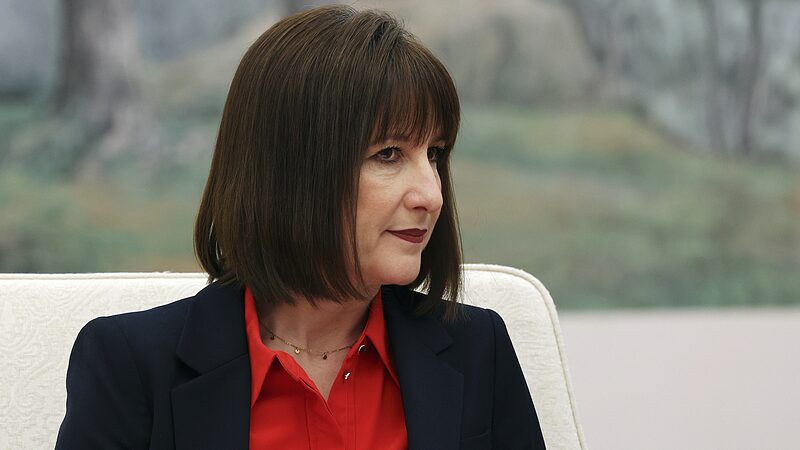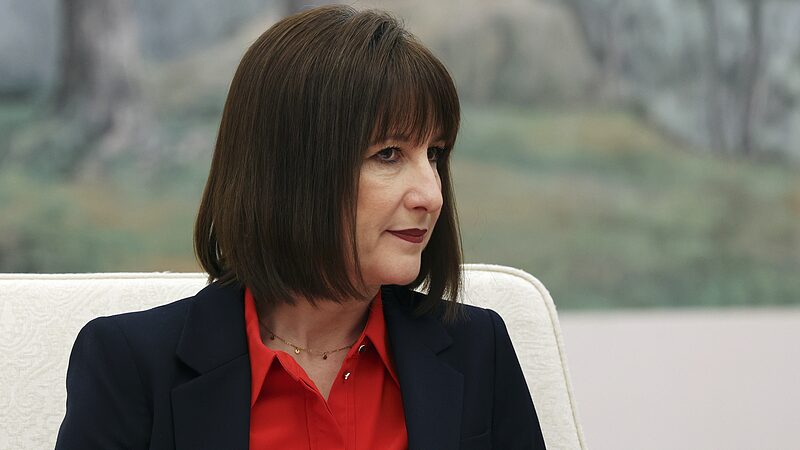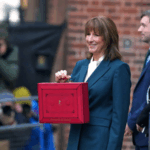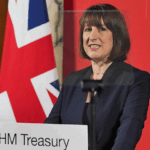In the midst of escalating economic challenges at home, the United Kingdom’s Chancellor of the Exchequer, Rachel Reeves, has embarked on a pivotal three-day visit to the Chinese mainland. This trip, covering both Beijing and Shanghai, marks her first significant international engagement since assuming office and is seen as a strategic move to bolster the UK’s economic prospects.
Departing London against the backdrop of the UK’s borrowing costs reaching a 16-year high, Chancellor Reeves faces the daunting task of navigating the nation’s fiscal uncertainties. The surge in borrowing costs has intensified pressure on the government’s budget, limiting Reeves’ fiscal headroom—the available capital before additional borrowing becomes necessary. Her initial budget adjustments have already tested the new Labor government’s economic credibility, with critics scrutinizing the viability of her self-imposed fiscal rules.
Reeves’ approach echoes that of former Labor Chancellor Gordon Brown, striving to project the image of an “iron Chancellor” committed to fiscal discipline. However, this steadfastness carries risks. Policy decisions such as reducing winter fuel allowances for pensioners and increasing employer national insurance contributions have sparked political backlash and imposed unexpected burdens on businesses, potentially stifling employment growth.
Furthermore, Reeves’ decision to limit herself to one fiscal statement annually, deviating from the traditional biannual approach, reduces her flexibility to adjust policies without eliciting perceptions of reactive governance. This rigidity could undermine her ability to effectively manage evolving economic challenges.
Amid these domestic pressures, Reeves’ visit to the Chinese mainland offers a glimmer of opportunity. With global concerns over potential trade tensions and protectionist policies, nations are seeking to strengthen international alliances. Reeves expressed optimism, stating, “We can build a long-term economic relationship with China that works in the national interest.”
The delegation accompanying Reeves underscores the visit’s significance, including the Governor of the Bank of England, Andrew Bailey, the Chairman of HSBC, and the head of the UK’s Financial Conduct Authority. Their presence signals a concerted effort to deepen economic ties and explore collaborative opportunities with one of the world’s leading economies.
As the UK grapples with internal fiscal challenges, Reeves’ engagement with the Chinese mainland may provide avenues for economic stability and growth. Strengthening trade relations could alleviate some domestic pressures by opening markets, attracting investment, and fostering cooperation on global economic issues. The outcome of this visit may well shape the UK’s economic trajectory in the coming years.
Reference(s):
cgtn.com





